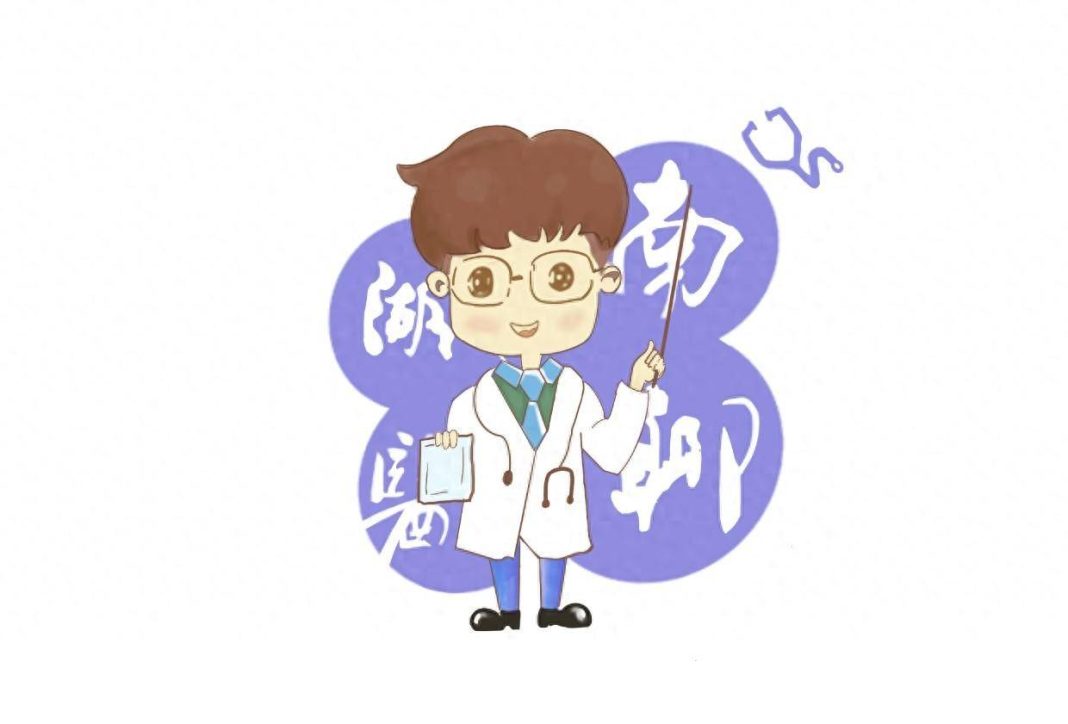Acute Stress Disorder (ASD) refers to transient psychological abnormalities that occur within minutes or hours after experiencing sudden and severe psychosocial stressors. Clinical symptoms initially often manifest as a “dazed” state, characterized by a restricted awareness, disorientation, and narrowed attention, accompanied by aimless movements.
Subsequently, there may be avoidance or withdrawal from the surrounding environment, shown by muteness and immobility, not eating or drinking, and a complete lack of response to external stimuli; it can also manifest as hyperarousal, excessive activity, and impulsive destructive behaviors.
At the same time, patients may exhibit typical anxiety-related autonomic symptoms, such as sweating, blushing, and increased heart rate. Patients sometimes cannot recall the traumatic event. Acute stress reactions generally last for several hours or days and have a good prognosis, with symptoms completely resolving.
Experts from Hunan Second People’s Hospital (Hunan Brain Hospital) remind that to identify whether oneself or others may be suffering from Acute Stress Disorder (ASD), attention can be paid to the following key points:
1. Exposure to traumatic events
Whether an individual has directly or indirectly experienced a traumatic event, such as a threat to life, serious injury, or sexual assault.
2. Onset time of symptoms
The symptoms of ASD typically begin to appear within 3 days to 1 month after the traumatic event occurs.
3. Specific symptoms
Including recurrent, uncontrollable, intrusive, and distressing memories of the event, repeated distressing dreams related to the event, a feeling that the traumatic event is occurring repeatedly (such as in flashbacks), and strong psychological or physiological distress when reminded of the event.
4. Emotional and cognitive responses
Patients may experience persistent inability to feel positive emotions (such as joy, satisfaction, or love), altered sense of reality (such as being dazed or feeling as if time has slowed down), memory loss regarding significant aspects of the traumatic event, and efforts to avoid distressing memories, thoughts, or feelings related to the event.
5. Physiological and behavioral responses
Patients with ASD may experience sleep disturbances, irritability or explosive anger, excessive concern about the possibility of danger (hyper-vigilance), difficulty concentrating, and exaggerated responses (startle reactions) to loud noises, sudden movements, or other stimuli.
6. Impairment of social functioning
The symptoms must cause significant distress or severely impact the individual’s daily functioning.
7. Exclusion of other conditions
Doctors will also check whether symptoms could be due to drug use or other illnesses to ensure an accurate diagnosis of ASD.
Hunan Medical Dialogue special contributor: Liu Zhiying, Hunan Second People’s Hospital (Hunan Brain Hospital)
Follow @Hunan Medical Dialogue for more health information!
(Editor: YT)


